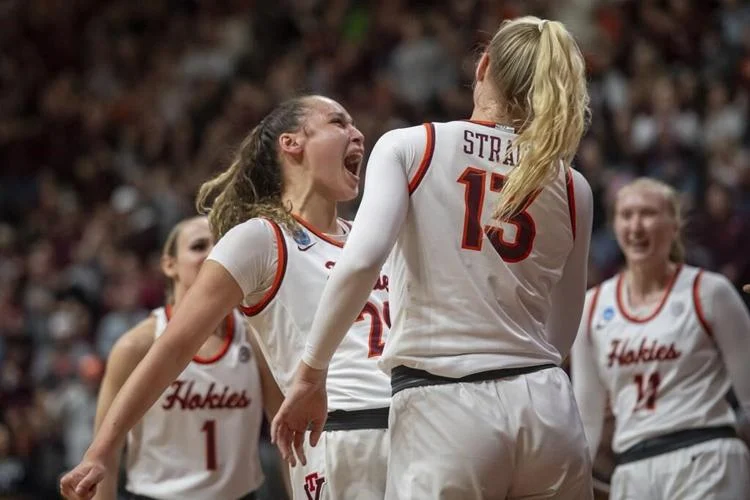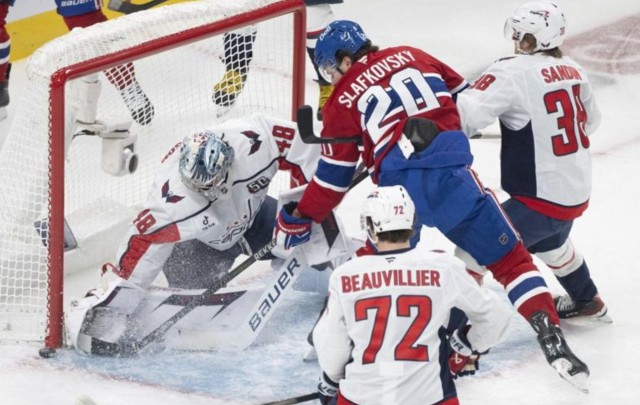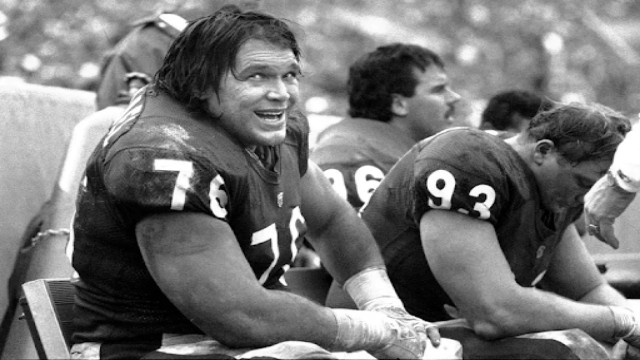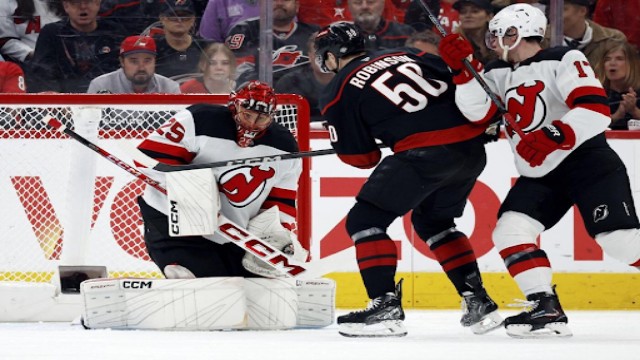
Source : The Canadian Press
Virginia Governor Glenn Youngkin signed a groundbreaking law allowing state colleges and universities to compensate athletes directly through name, image, and likeness (NIL) deals. This move, effective July 1, marks a notable shift in NCAA regulations. Other states, including Oklahoma, Nebraska, and Louisiana, may follow suit. Michigan's athletic director, Warde Manuel, views Virginia's decision as a catalyst for similar actions nationwide.
While the NCAA recently relaxed some NIL restrictions, it maintains its stance against pay-for-play and school compensation for student-athletes. However, the influx of NIL revenue has prompted states to enact laws protecting athletes' rights and challenging NCAA regulations.
University of Virginia's athletic director, Carla Williams, sees the Virginia law as a step toward a national solution for college athletics. Meanwhile, the NCAA is exploring ways for member schools to play a more active role in securing sponsorship deals for athletes.
Virginia's law enables donors to directly contribute to athlete compensation, with bipartisan support from lawmakers and input from university officials. Schools like Virginia Tech are considering various options for NIL payments, including partnering with marketing agencies or booster-backed collectives.
State legislatures have been instrumental in driving changes to NCAA rules on player compensation. California's 2019 bill paved the way for athletes to profit from their image and fame, prompting similar actions nationwide and forcing the NCAA to adapt.
Despite NCAA losses in court challenging its amateurism model, the organization continues to grapple with evolving attitudes toward athlete empowerment. Recent developments, including the suspension of investigations into third-party NIL deals and discussions on athlete unionization, reflect the changing landscape of college sports.
Warde Manuel emphasizes the need for student-athletes to have avenues for financial compensation, signaling a broader shift in the treatment of collegiate athletes.















